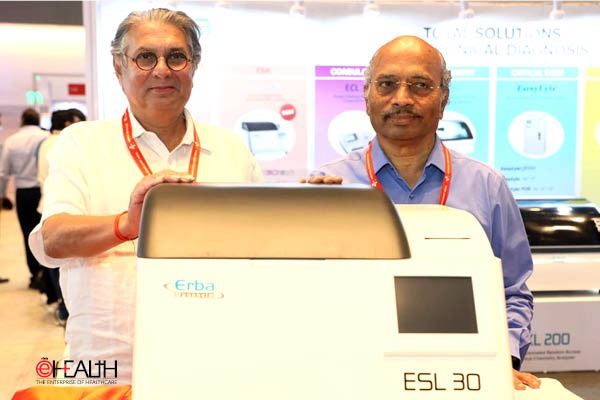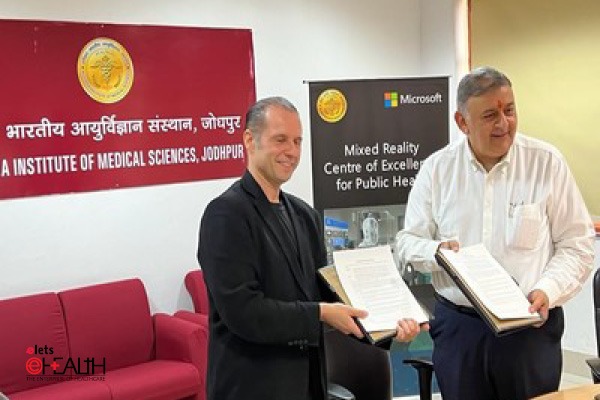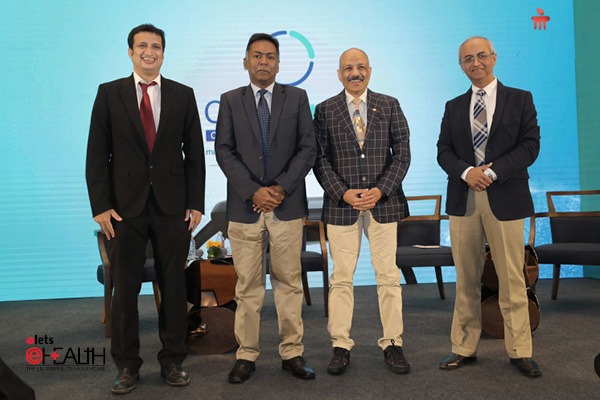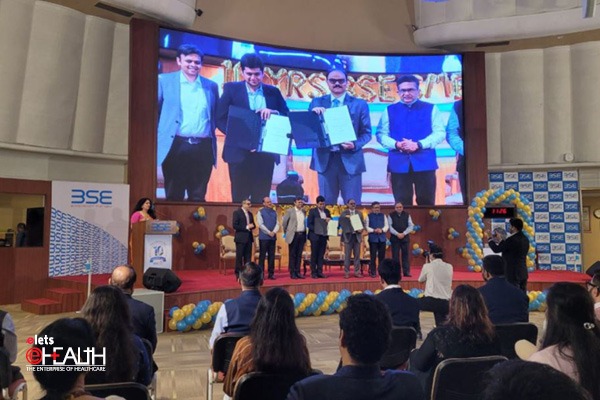While the in-vitro diagnostic (IVD) market is still very much focused upon among the big three – US, Europe and Japan,where they together constitute 90 percent of the 2007 global revenue, emergingcountries such as India, Brazil and China are expected to become important stakeholders within the next few years.
According to Frost & Sullivan Senior Consultant, Purna Dhara, “The global IVD market has shown a consistent growth of 6.72 percent annually, a trend that is expected to continue until 2012. Point-of-Care (PoC), the largest segment, is estimated to grow into an $18 billion USD market by 2012 and Molecular Diagnostics is fast becoming an important component as it registers a 15.4 percent growth annually.” At present, the majority of this market is monopolized by large companies but that will be expected to change as smaller companies with more innovative technologies enter the arena. The lab-on-a-chip (LOAC) technology is one of them. The successful assimilation of LOAC technology would revolutionize the field of clinical diagnostics. While the standard infrastructure clearly defines the limitations between the healthcare practitioner and the laboratory personnel, LOAC technology may soon blur these lines. LOACs are designed to increase the robustness of analysis and speed of delivery,allowing a simplified process of diagnosis and screening of diseases. LOACs, which have the capability of combining multiple technologies on a single platform, are at present largely limited to the laboratory space. However with the potential incorporation of process simplification as well as the other factors mentioned above, they are poised to penetrate the diagnostics market aimed at the full spectrum of opportunities including PoC. LOAC may hold the key to the future of the IVD market. The global effort on various genomic projects, including human and other organisms, continue to provide valuable genetic information and knowledge, thus advancing biotechnology product development, including new drug discoveries and IVD. The latter is more poised to benefit fro these government funded genome projects as it does not need complicated functional genomics on these newly identified sequences as required bynew drug discoveries. “There is currently a need for an affordable, sensitive and rapid test, which is easy to perform and can be used in laboratories with very little experience or no experience in molecular biological methods
Be a part of Elets Collaborative Initiatives. Join Us for Upcoming Events and explore business opportunities. Like us on Facebook , connect with us on LinkedIn and follow us on Twitter , Instagram.












